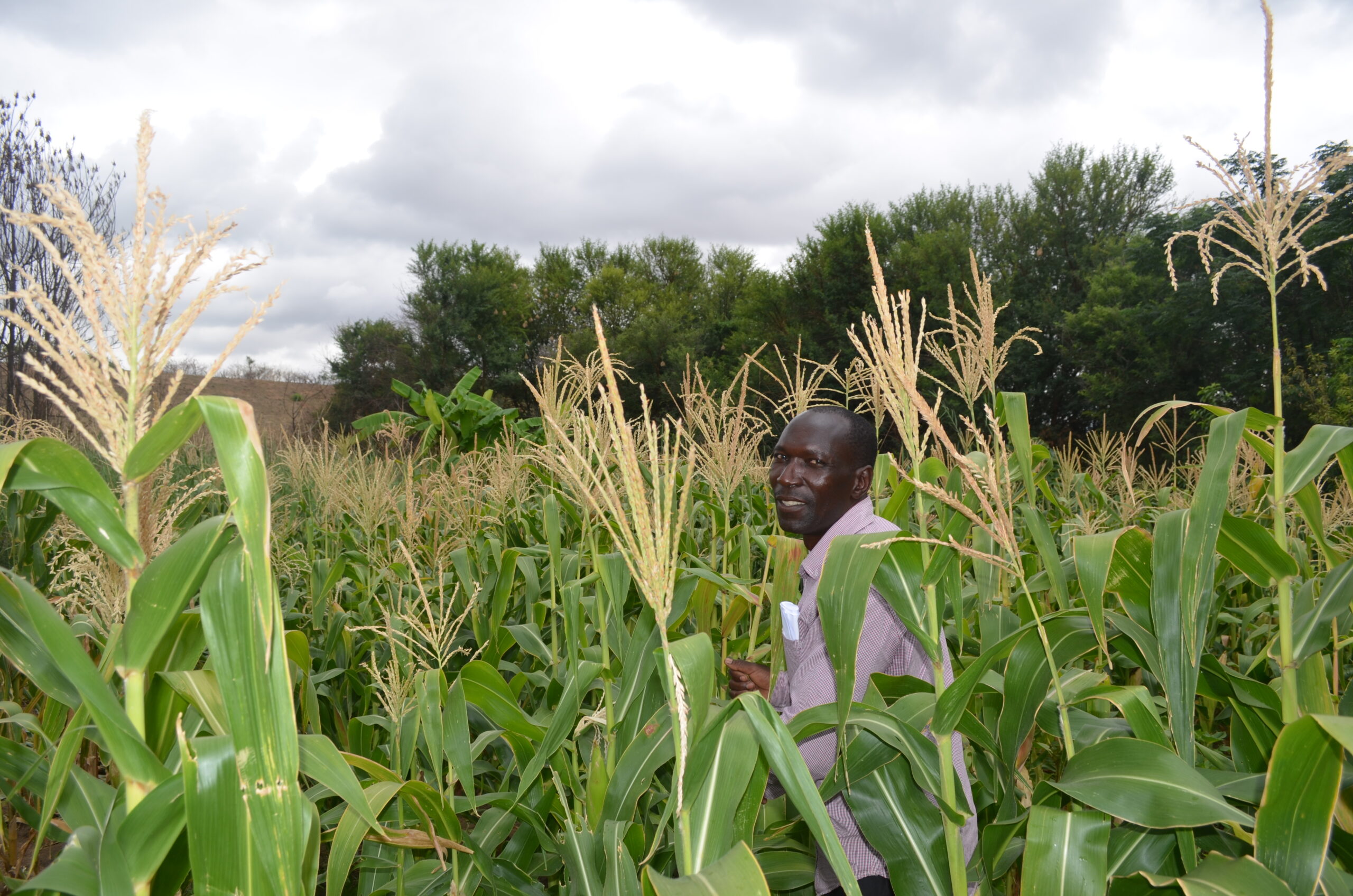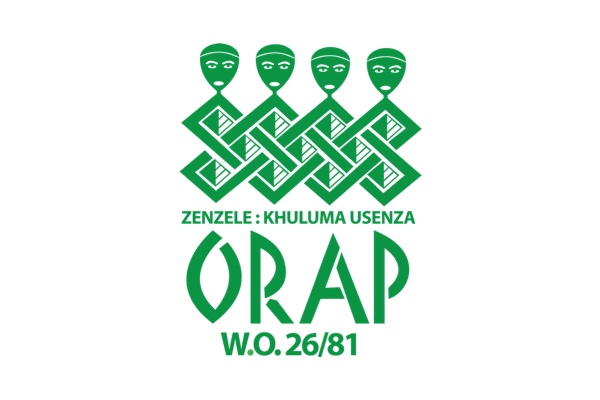Amalima Learning Site
Partners
The project is funded by USAID and implemented by CNFA as the prime implementer, ORAP, Dabane Water Workshops, International Medical Corps (IMC), AfriCare, and the Manoff Group in close coordination with Government of Zimbabwe technical departments and local authorities.

“Amalima is unique in my 25 years in international development. I have never seen a program of this size remain so close to the communities it serves. The past seven years have been difficult in Zimbabwe, with several drought years and severe economic crises. Through it all the Amalima partners, local communities and government counterparts have worked together to continuously adapt our short-term implementation approaches to best meet our long-term strategic objectives. Fortunately our donor afforded us the flexibility to make changes as required. The materials on this site are an attempt to capture and share some of what we have learned on this journey.”
– David Brigham, Amalima Chief of Party, CNFA
“Amalima’s success begins with the name itself, which refers to the Ndebele word for the social contract community members have with one another. By building on the fabric of the community, Amalima leveraged and strengthened existing resilience capacities and played a critical supporting role as participants identified and overcame their own challenges. This approach made Amalima a fundamentally empowering initiative that was effective in building self-reliance. In a challenging context like Zimbabwe, a country beset by myriad challenges, this could not be more important.”
– Jason Taylor, Director, Office of Humanitarian Assistance and Resilience, USAID Zimbabwe
CNFA is an international agricultural development organization that specializes in the design and implementation of sustainable, enterprise-based agricultural initiatives. CNFA works with businesses, foundations, governments, and communities to build customized local and global partnerships that meet the world’s growing demand for food.
ORAP is one of Zimbabwe’s oldest and most effective community development organizations. ORAP works in partnership with rural communities in five provinces in Zimbabwe on a wide range of development issues including food supply, water sources, sanitation, education, agri-business, micro-finance [micro-credit], skills training, HIV/AIDS prevention and coping, agricultural development and community grant making.
IMC is a nonprofit relief and development organization dedicated to saving lives and relieving suffering through medical services, training, relief and development programs. IMC not only responds to emergencies, but uses innovative programs to tackle the world’s most difficult challenges, such as poverty, hunger and disease. IMC has worked in more than 80 nations on six continents, and is currently active in more than 30 countries in Africa, Asia, the Middle East, North America and the Caribbean.
The Manoff Group is a woman-owned small business providing expertise in social and behavior change (SBC), communications, and knowledge management (KM) to development programs around the world. Manoff leverages innovative research techniques to understand the types of improved practices people are willing to adopt, as well as the context in which those practices occur.
Dabane Water Workshops is a lead Non-Governmental Organization dedicated to establishing water and food secure communities within arid and semi-arid areas. It works with vulnerable communal farmers in arid and semi-arid areas in the Southern Africa region, but more specifically in the south-western regions of Zimbabwe to alleviate poverty and hunger through appropriate and sustainable land use and water management systems. Dabane focuses on programs and activities at the community and household levels where gender relations and HIV and AIDS issues are entrenched.
Africare is a leading non-governmental organization (NGO) committed to addressing African development and policy issues by working in partnership with African people to build sustainable, healthy and productive communities. Africare applies its core expertise in community engagement, capacity building, locally driven behavioral change, and innovative public-private partnerships to the areas of Agriculture and health, emphasizing economic development, nutrition, water, sanitation and hygiene, women’s empowerment, and youth empowerment.





